There is something about the term flash that somehow absorbs the imagination. Maybe it’s the perception of sheer random glee in the blink of an eye that leads us into the glittering unknown. Remember the instant camera and how a quick click captured travel moments in the pre-digital space age as Instagram was still a glint in her daddy’s eye.
Today we have connected the term into a new travel demographic called flashpacking and while I absolutely hate taglines with a shelf life, the term has indeed found a sweet spot in the hospitality space known as hostels. The late great Prince turned the world on it’s ear when he changed names to that mysterious graphic icon and today we are seeing a broad transformation into an entirely new tier of accommodation christened poshtels.
As in much of the boutique hospitality space these days Europe has been the idea laboratory or first adopter for the new and improved product. Generator is perhaps the poster child for the movement that has seen a reinvention of cluttered rooms into an eclectic mix of single, doubles, bunk beds and even group bedding arrangements. Out with the old Ikea-inspired dorm room idea and enter leading creative hotel designers who have created a modern experience like no other.
What poshtels have captured is the relevance of social spaces, focusing on programing, local culture and encouraged an exchange between travelers. Instead of delegating guests to their rooms and being content to rely on the tired yet true formula of boxed stays, it was now time to get out of the box.
Social spaces are everywhere these days be it your local Starbucks, co-working environments or dog park but poshtels are now encouraging a wide demographic spanning from the legacy young budget tourists to older Gen Y, X and Baby Boomers who have done it all and now want to get local and authentic.
On a commercial basis, poshtels are a business dream as they are prime for redeveloped spaces. We have seen another European group Meininger take the hostel model into a new hybrid space and merge both with a great deal of success. This product works on yield metrics per bed and while the old RevPAR is thrown out the door, the concept of revenue per bed and translating this into real estate return efficiency makes for a strong business case.
There continues to be a misconception that hostels are a down-market product, yet both Generator and Meininger have attracted institutional capital that sees a bright future. In case, the Paris communal area at Generator has seen an influx of social activates during the famed Fashion Week.
Beyond Europe, in the US Freehand is setting the stage with a trendy market entry while in Asia, the Bangkok-based Lud’d (this translates into sleep well) has moved from multiple properties in the country onto a wider platform that is seeing new properties within the region. After producing market intelligence on the sector late last year I myself was surprised to see the phone ring a number of times by private equity firms and even hotel groups eyeing the sector and looking at how to capture the upside.
Looking at the numbers what is clear is that both the poshtels and hybrid properties are dynamic yield assets. While per bed or per person rates might be below the budget and economy band in their competitive sets, the achieved average rate per room is often on par and in many cases at the upper end of the performance trend.
Hybrids are even more interesting as many hotel owners know the conundrum of suites in many properties sees yield performance of these expansive units on the bottom of the room types. The introduction of bunk beds or flexible options for friends and family traveling together can draw in a new guest profile and also rationalize underutilized space.
When I was growing up in the US my family would take long summer vacations in our family station wagon and stay in the typical American roadside motel with two king or queen beds. Yes, we all slept together and it was an affordable experience that enabled families. Today in the world with low-cost airlines, an exchange of new travel destinations online and the quest for local experiences, the past has caught up and taken us to the next cycle.
In my experience poshtels are one of the truly exciting spaces in hospitality today as they latch onto a key driver of demand, which is the customer’s changing worldview. We no longer need to simply sit in our rooms and be content with the same old television offering, room service or disconnected experience devoid of any sense of place. Social, collective, collaborative, authentic, these are just some of the words that are setting the fire in this brave new world of getting out of the box. Harry Houdini would have loved it.

